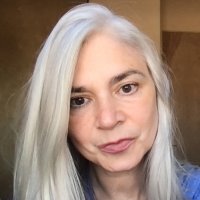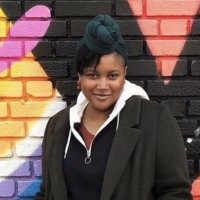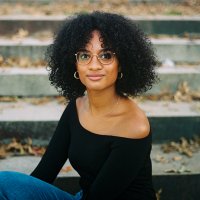Robert L. Giron of Gival Press

Never underestimate the power of professionalism. Be sure to do your homework and learn a bit about the press or journal you’re querying, which is easy to do online. Read all guidelines and submit accordingly, following directions for what information to include in a simple query, the length of a sample chapter or group of poems, or the correct people to whom you should address your e-mails: Please do not send e-mails to numerous persons, for example, unless the guidelines indicate that you should do so.













